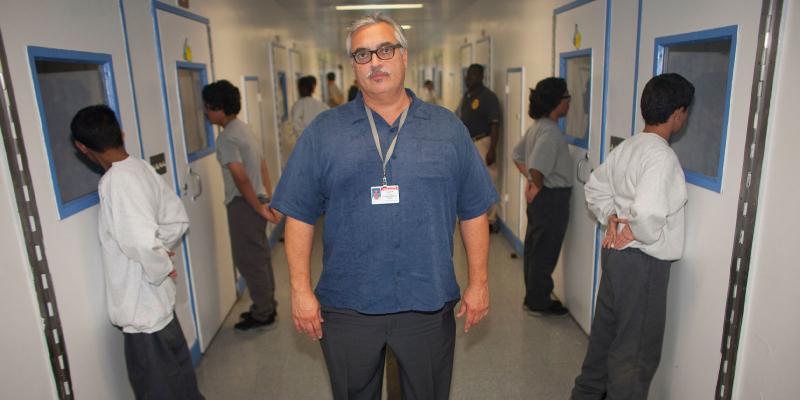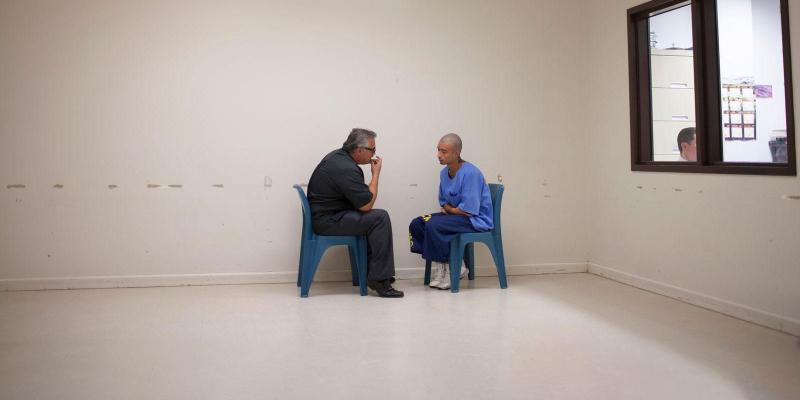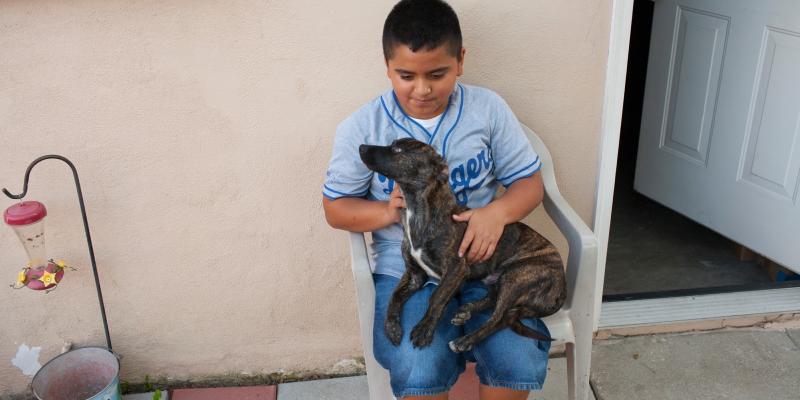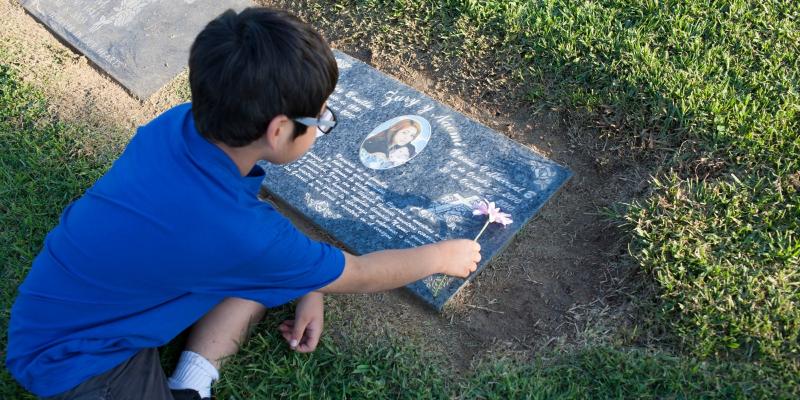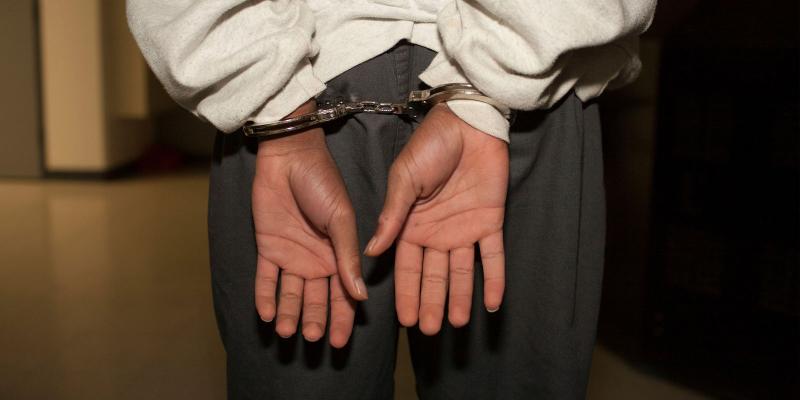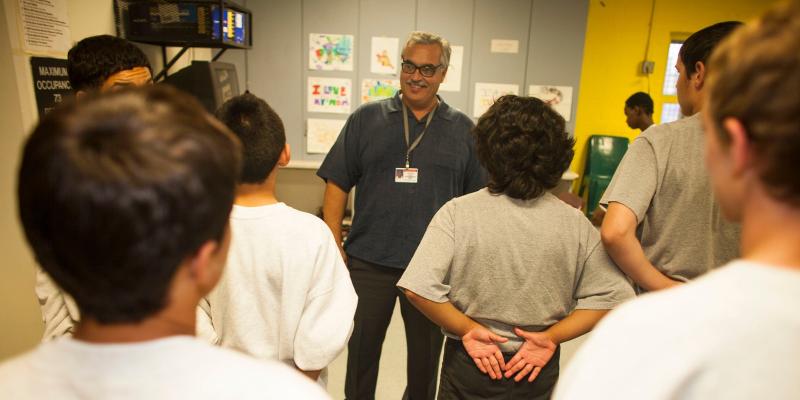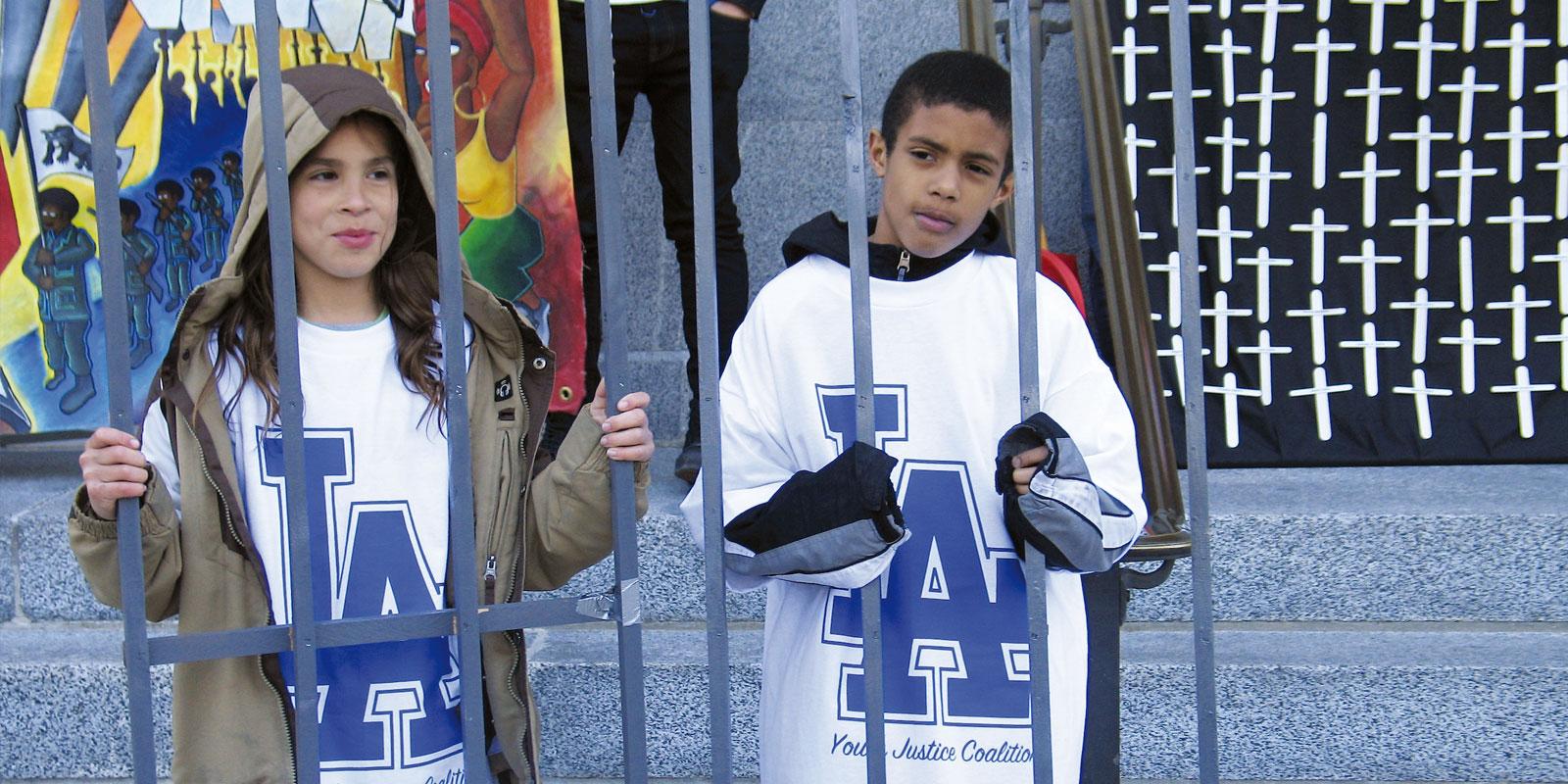
In California, over 300 young people have been imprisoned on life sentences with no chance of release, for crimes committed when they were children. Around one million children are in prison worldwide, but the USA is the only country that has sentenced children to stay in prison until they die. Now, laws are changing around the country, thanks to advocates like Javier Stauring.
“It is a sentence made for the so-called worst of the worst, those that do not seem as if they could ever change,” says Javier. “But children are different from adults, they grow up and mature. The law must take this into account.”
Javier and human rights lawyer Elizabeth Calvin started a campaign with other advocates, to give kids the chance of a second chance.
“We didn’t say that anyone who had been sentenced for a serious crime should simply be let out. All we wanted was for them to have a chance to show that they had changed after, say, a number of years. If they were no longer a threat to society, they would be released.”
Everyone got involved
Lots of people got involved in the campaign. Children who had been in prison, victims of crime and their families got to go on courses to learn how to talk to legislators and the media. Then they held press conferences, wrote letters, and called and visited anyone who could influence the situation. One father said, “I want my son’s murderer to be punished, but I also want that person to have the chance to change.”Former police officers, prison governors, and prosecutors also got behind the campaign. Usually, these people would support tougher sentences. But many of them had seen with their own eyes how young people could change as they grew older. That’s why they believed children deserved another chance.
Long struggle
Javier invited leaders from churches, temples, and mosques to visit the children. Many were unsure, but they soon changed their minds. A presiding elder of a church said, “I marched with Martin Luther King, I’ve been around the world, I’ve shaken hands with many presidents. I’ve never been as touched as I was sitting down with these kids.” A Jesuit priest said, “Jesus wouldn’t throw away these kids. He wouldn’t say that they’re worthless.”It took years, but today, after many setbacks, there are several new laws in California that help these children. One of these, from 2014, gives those who were sentenced to life in prison the chance to apply for release (on parole) after 25 years in prison, and the chance of a better life.
Arguments that work
In order to sway politicians and their voters, Javier and his colleagues use both economic and scientific arguments. For example, the latest neurological research shows that our brains are not fully grown until we are around 25. Teenagers behave in a different way from adults, because their brains work differently. This is particularly true of the parts of the brain that govern feelings, impulses, and the capacity to plan and think forward. But the thing that has really convinced politicians is that they can save hundreds of millions of dollars by not locking up so many children. Since 1990, California has spent between 66 and 83 million dollars on imprisoning people who have been sentenced to life in prison with no chance of parole, for crimes committed as children. For them to remain in jail until they die will cost around half a billion dollars.Text: Carmilla Floyd
Photo: Youth Justice Coalition
Related stories
Långgatan 13, 647 30, Mariefred, Sweden
Phone: +46-159-129 00 • info@worldschildrensprize.org
© 2020 World’s Children’s Prize Foundation. All rights reserved. WORLD'S CHILDREN'S PRIZE®, the Foundation's logo, WORLD'S CHILDREN'S PRIZE FOR THE RIGHTS OF THE CHILD®, WORLD'S CHILDREN'S PARLIAMENT®, WORLD'S CHILDREN'S OMBUDSMAN®, WORLD'S CHILDREN'S PRESS CONFERENCE® and YOU ME EQUAL RIGHTS are service marks of the Foundation.



